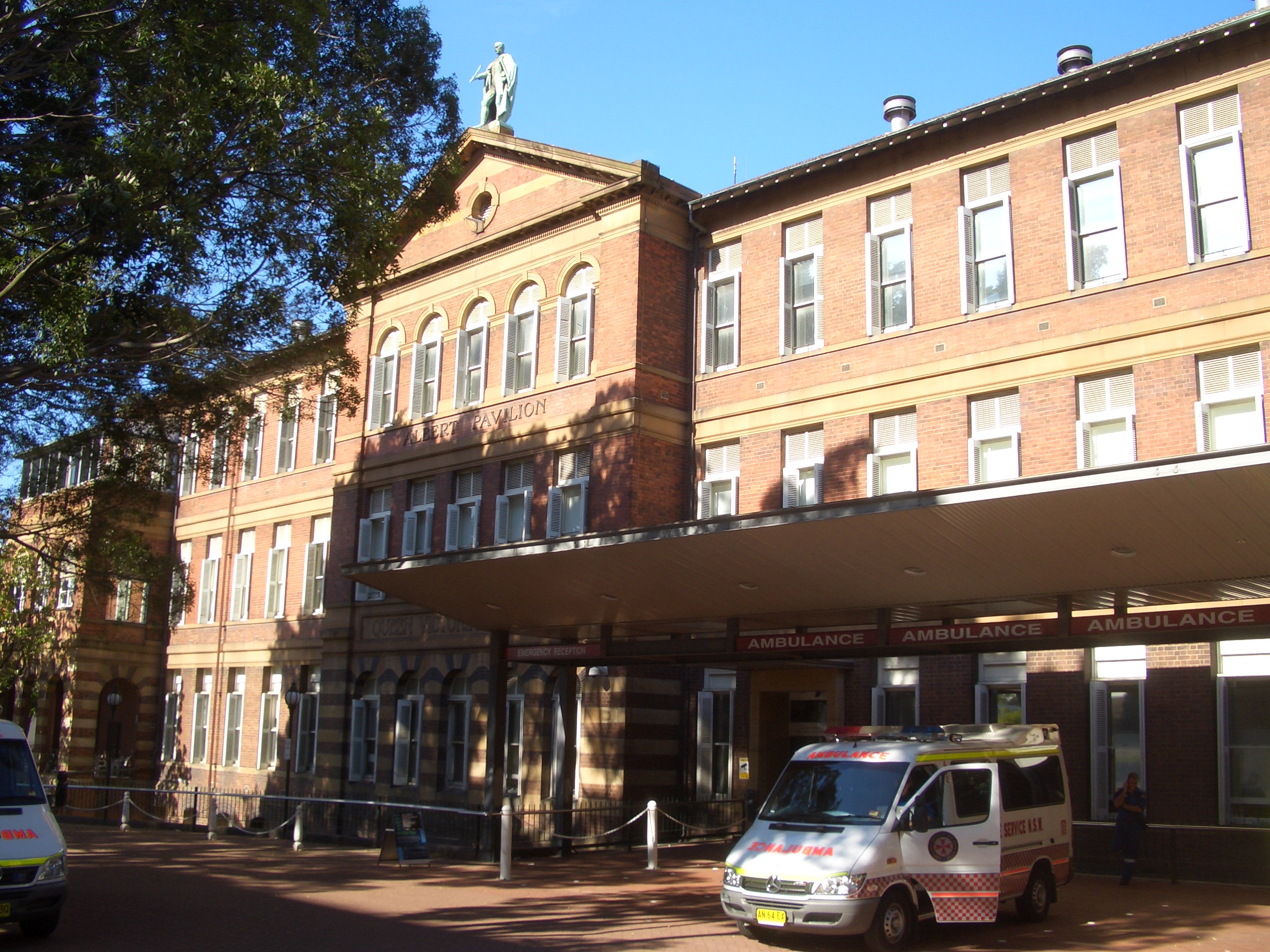The Treasurer, the Hon. Joe Hockey MP, and the Minister for Finance, Senator the Hon. Mathias Cormann, have released the 2014-15 MYEFO. Its release sent a strong message that the ordinary business of government must go on, as the siege in Martin Place, Sydney, was unfolding.
Delays in passing legislation through the Senate, and a 30 per cent reduction in the price of iron-ore, have contributed to a larger than forecast deficit, since the Budget was delivered in May.
Background
In the lead-up to last year’s election, the Coalition committed to cutting waste and repairing the budget. In a bid to balance the nation’s books, reforms announced in the May Budget included:
- A deficit levy of 2% on incomes of $180,000 or more for the next three years;
- The re-introduction of indexation to fuel excise;
- Further means testing family payments, including reducing the income threshold for Family Tax Benefit B to $100,000 and stopping the payment when the youngest child turns 6 years old;
- The abolition of 70 Australian Government agencies, 16,500 public service redundancies and a temporary increase of the efficiency dividend by 0.25 per cent; and
- $11.6 billion in Infrastructure funding.
Additionally, the Government incorporated some key recommendations of the National Commission of Audit into the 2014-15 Budget including:
- The introduction of a co-payment of $7 for visiting a GP;
- The privatisation of Australian Hearing, Defence Housing Australia, the Royal Australian Mint and the registry arm of ASIC; and
- Increasing the pension age to 70 by 2035.
The Budget has been a hard sell for the Government, and even harder for it to get the measures through the Senate.
Last week, the Prime Minister and the Health Minister announced that the $7 co-payment for visiting a GP would be scrapped, instead giving GPs the discretion to pass on the fee. Also, the PM has announced changes to his signature paid parental leave scheme.
The Government has used MYEFO to put further pressure on the Opposition and the Senate crossbench to pass its savings measures, stating that the delays and negotiations are adding to the Budget challenge.
The Bottom Line
| 2014-15 | 2015-16 | 2016-17 | 2017-18 | |||||
| Statement | Budget | MYEFO | Budget | MYEFO | Budget | MYEFO | Budget | MYEFO |
| Surplus/deficit ($ billion) | -29.8 | -40.4 | – 17.1 | -31.2 | -10.6 | -20.8 | -2.8 | -11.5 |
| GDP (%) | -1.8 | -2.5 | -1.0 | -1.9 | -0.6 | -1.2 | -0.2 | -0.6 |
Budget update and outlook
Since May, two key factors have primarily driven the $43.7 billion deterioration in the Budget over the forward estimates: the impact on the economy of falling tax receipts and export earnings; and the impact of the Senate’s decisions.
With iron ore prices 30 per cent lower and weaker than expected wage growth, tax receipts have been revised down by $31.6 billion. Government payments have also been affected.
Delays in passing legislation and negotiations with the Senate have cost the budget more than $10.6 billion over the forward estimates, keeping debt and interest payments higher for longer. This cost comprises two elements: $3.4 billion from delaying the passage of legislation; and $7.2 billion in costs associated with negotiating the passage of key policies.
An underlying cash deficit of $40.4 billion is now expected in 2014-15 (2.5 per cent of GDP), contracting to $11.5 billion (0.6 per cent of GDP) by 2017-18.
Excluding policy changes, total taxation receipts have been revised down by $6.2 billion in 2014-15 and $31.6 billion over the forward estimates. This brings the total write down in tax receipts since the Government was elected to over $70 billion.
The Government has taken the view that to try and recover these falling revenues now through new or higher taxes would unquestionably harm the Australian economy; where the Government has made new spending decisions it has more than offset the costs with new savings.
The Budget is back on a pathway to a credible surplus, but the road ahead is not without challenge.



